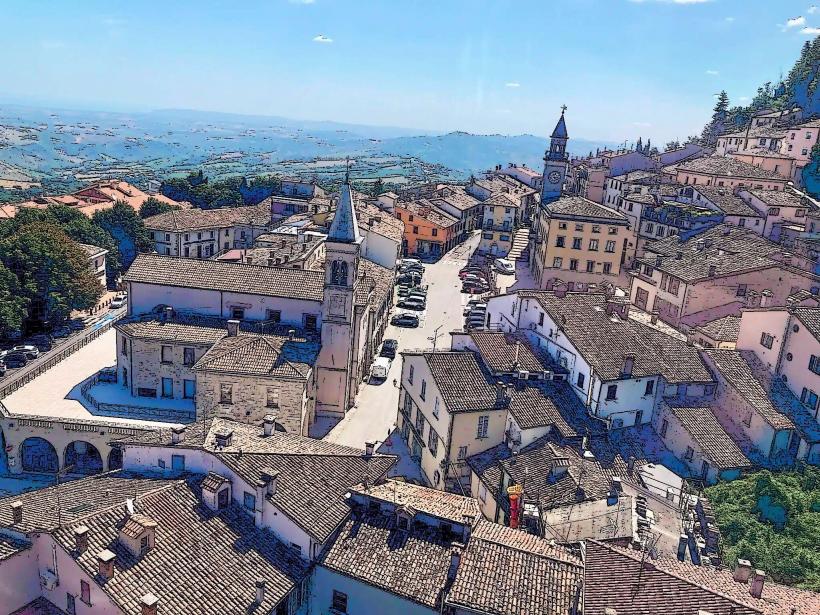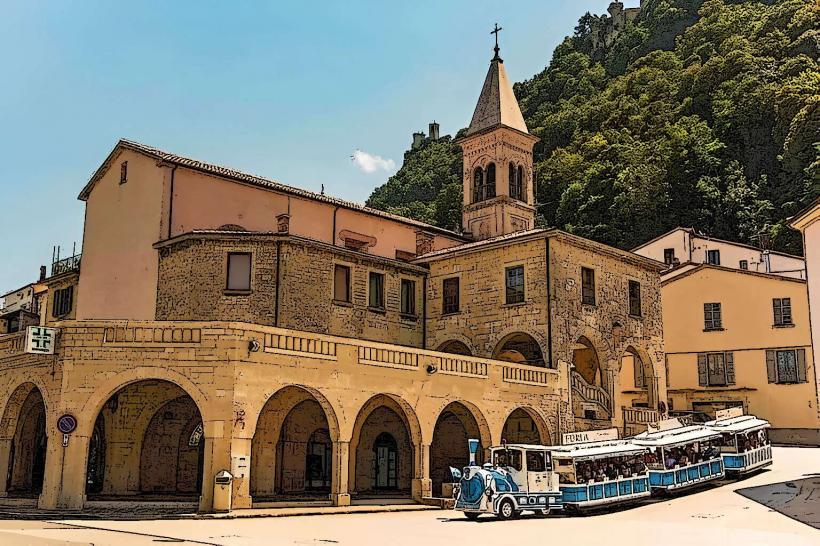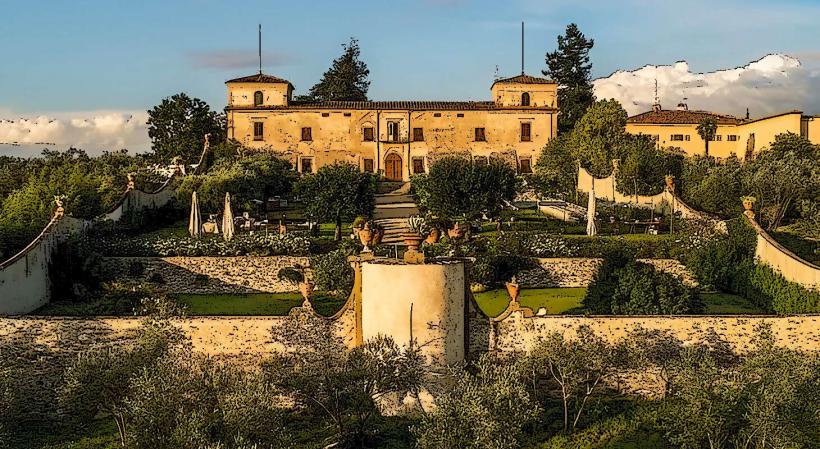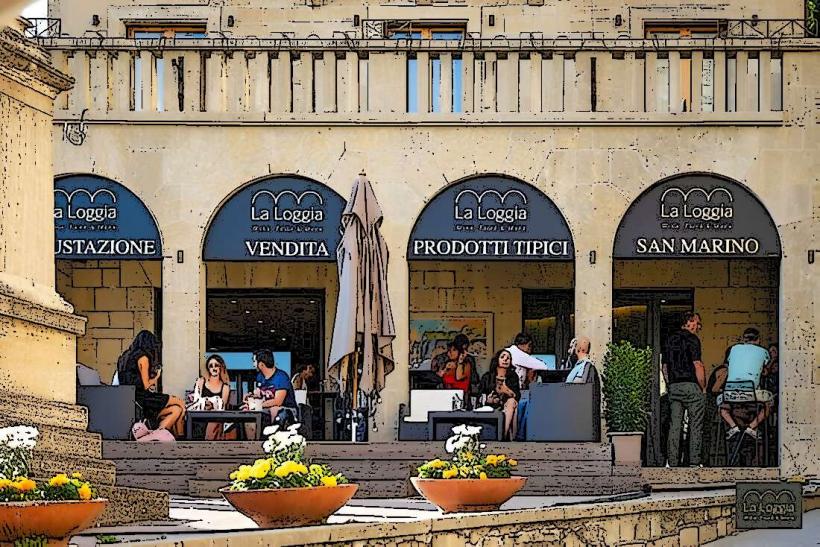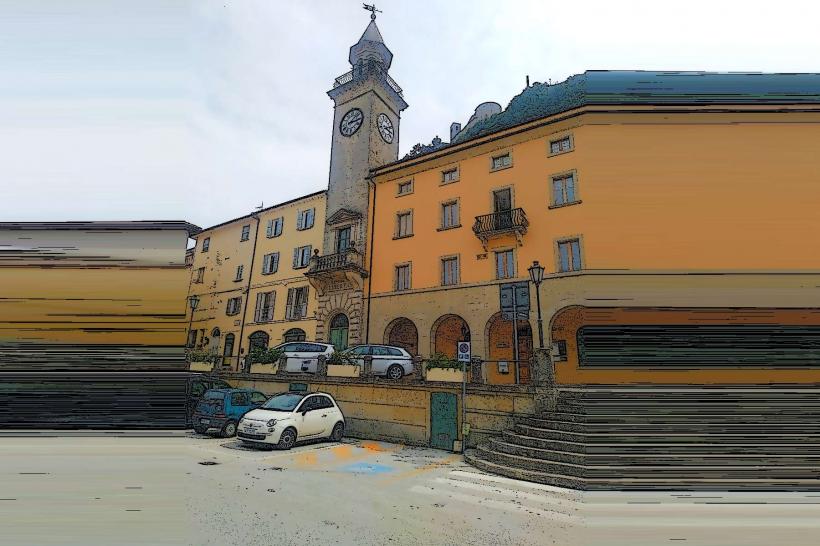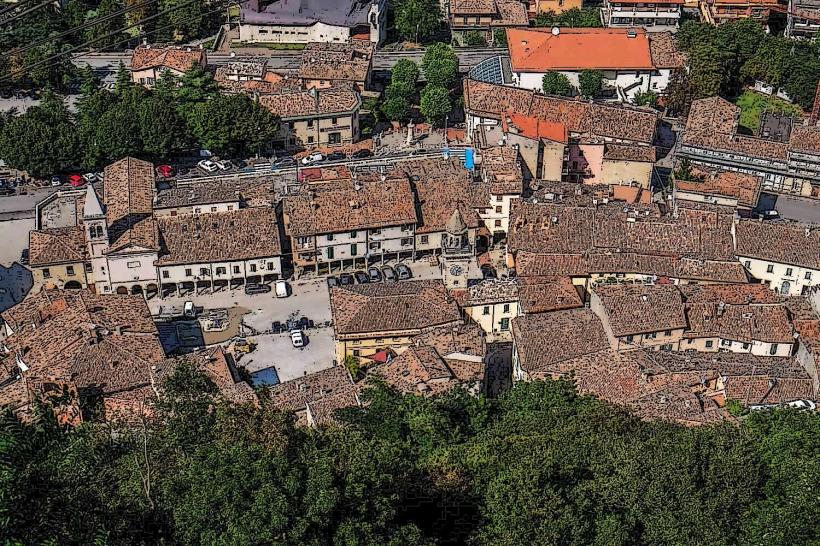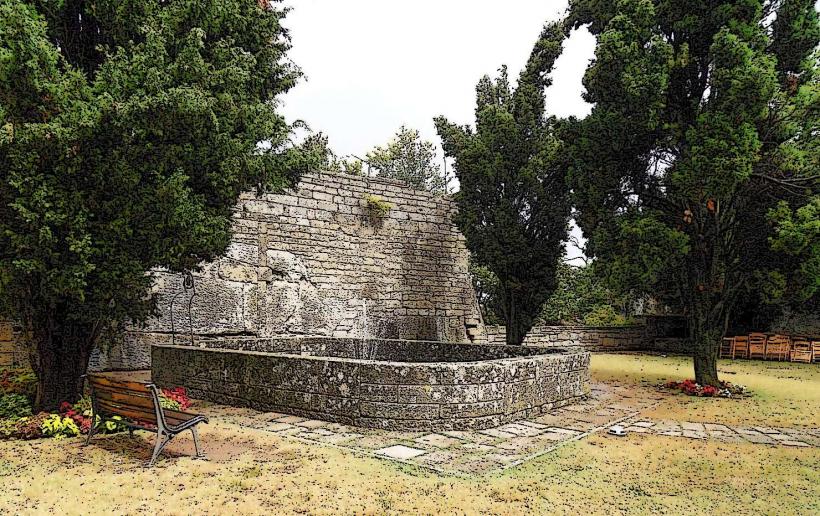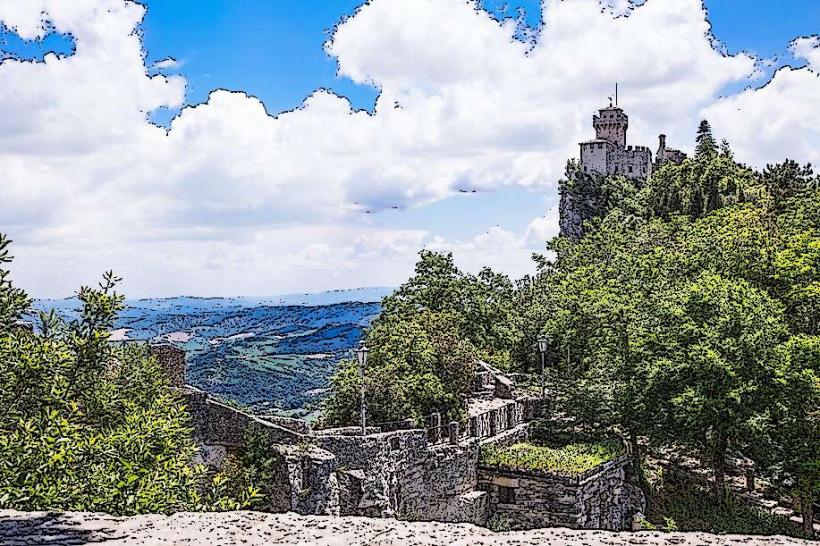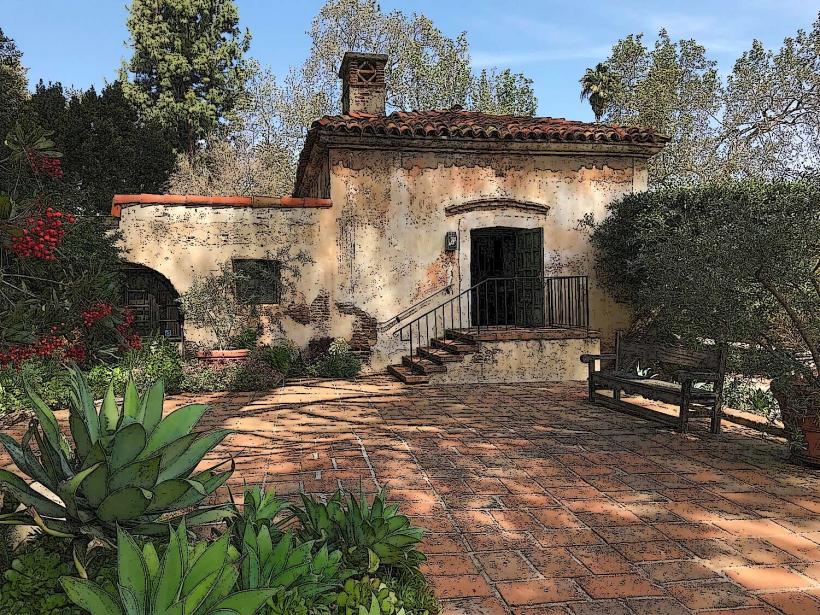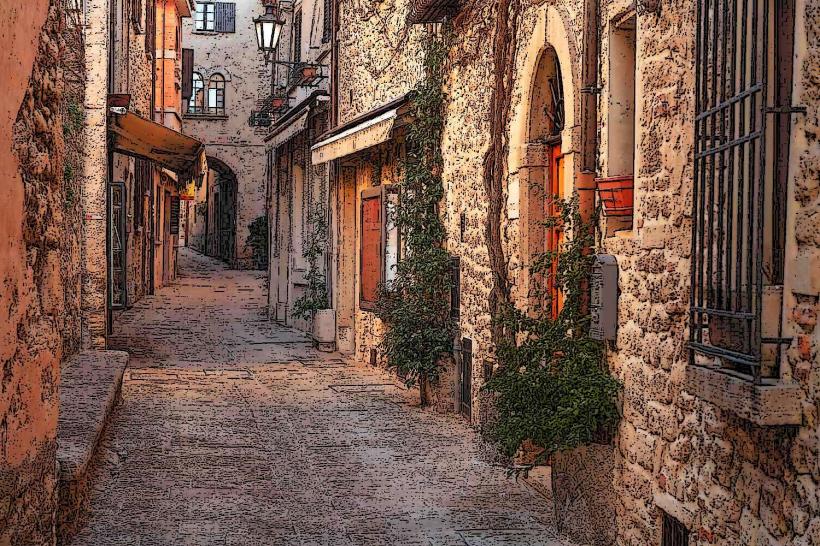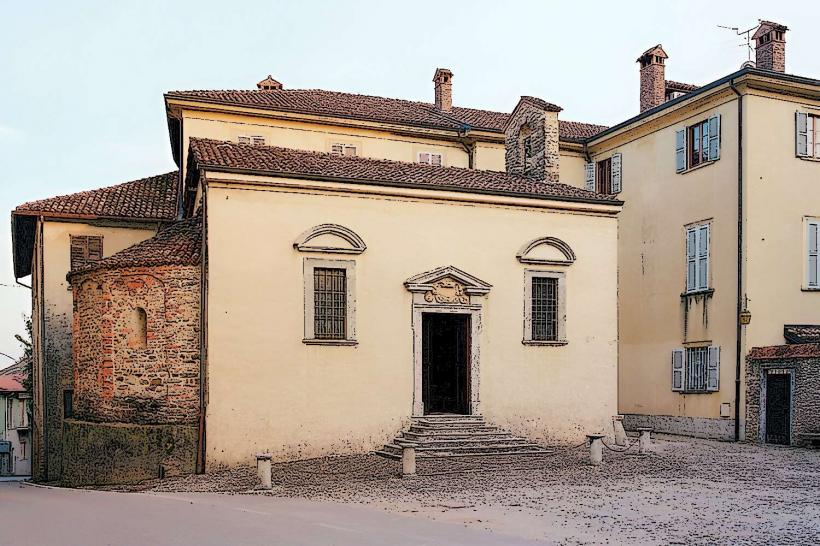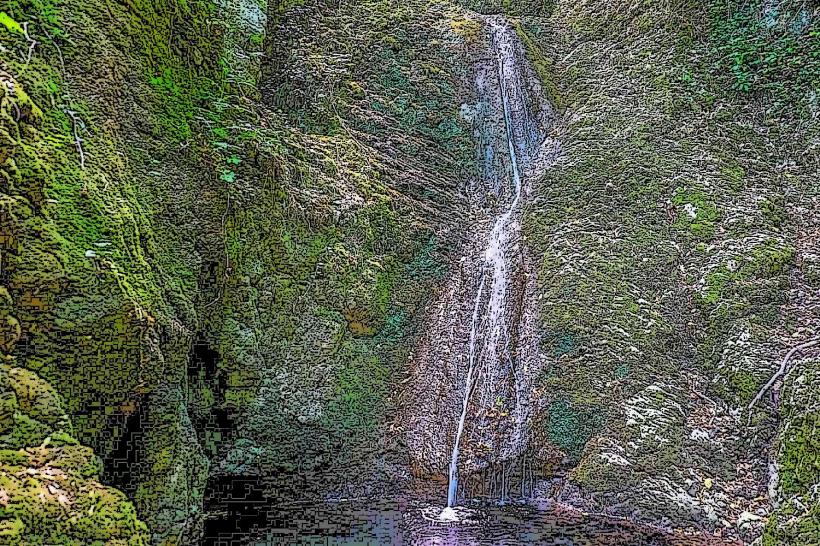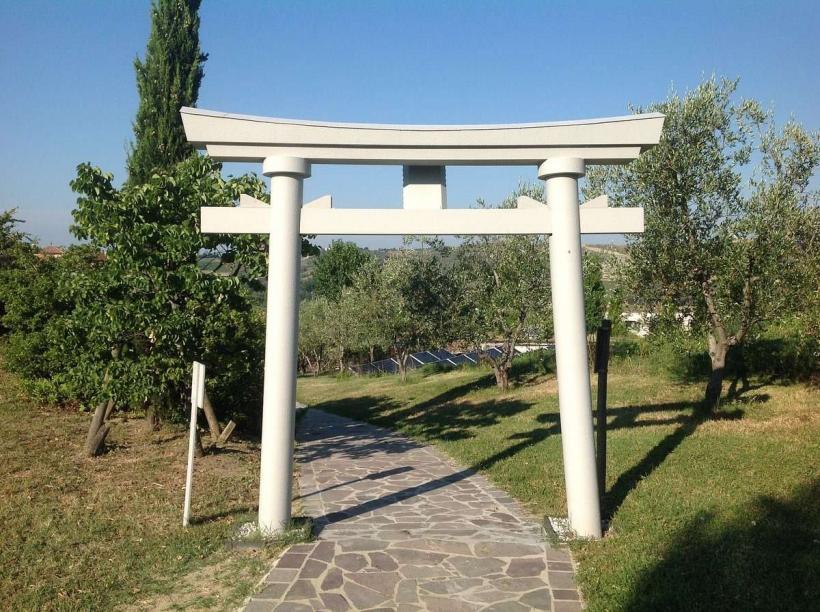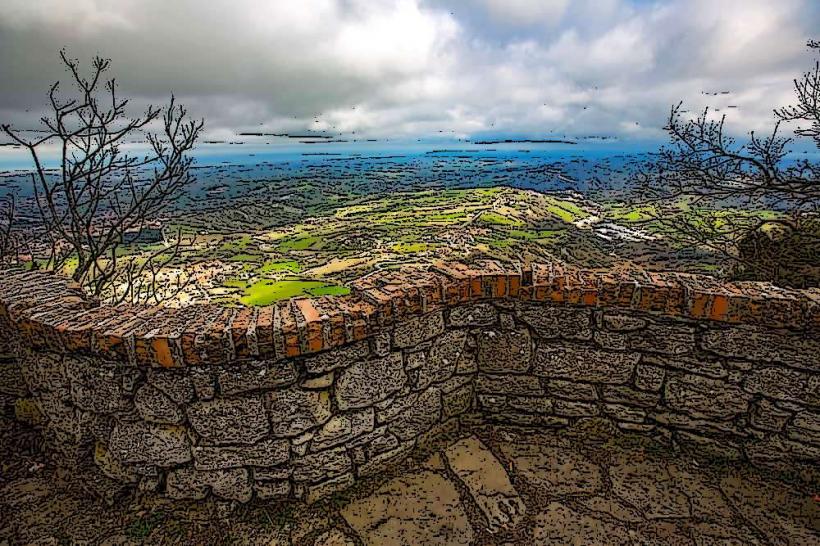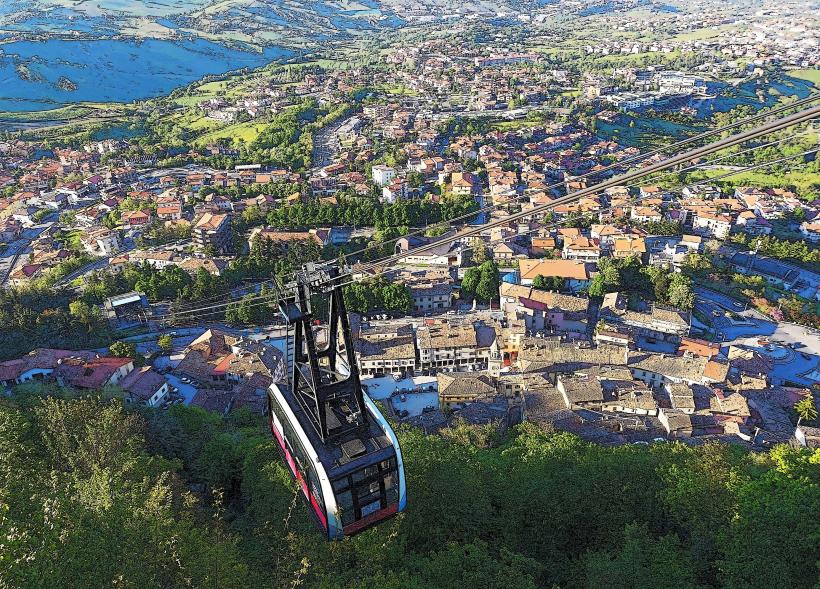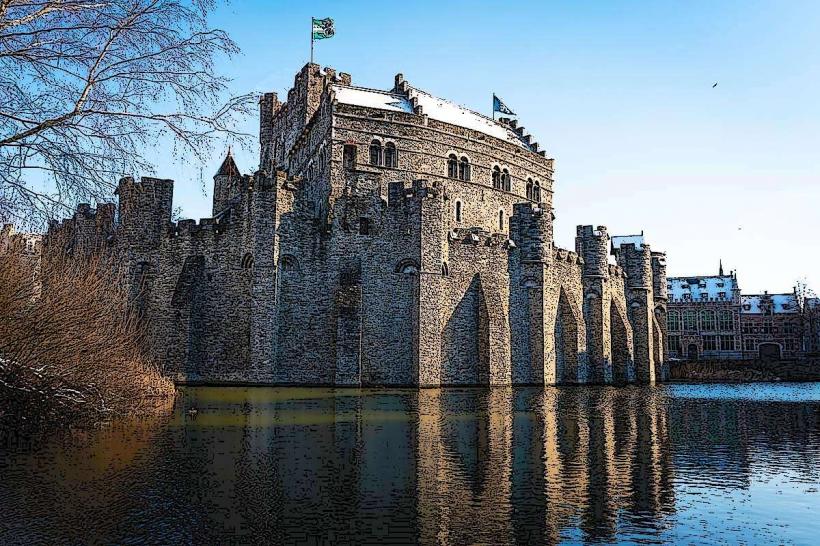Information
Landmark: Medieval BridgeCity: Borgo Maggiore
Country: San Marino
Continent: Europe
Medieval Bridge, Borgo Maggiore, San Marino, Europe
The Medieval Bridge (Ponte di San Marino) is a historical and picturesque structure located in San Marino, offering a glimpse into the country's medieval past. This bridge is an important landmark and part of the nation’s rich architectural heritage.
Here are the key details about the Medieval Bridge:
1. Historical Background:
- The Medieval Bridge is believed to have been constructed in the Middle Ages. Although the exact date of construction is unclear, it is generally thought to date back to the 12th or 13th century, reflecting the need for transportation and the growing importance of the settlement of San Marino.
- The bridge has been part of the historic infrastructure of the city, facilitating travel between the lower and upper parts of San Marino, especially during the medieval period.
2. Architectural Features:
- Romanesque Style: The bridge is an example of Romanesque architecture, with arched stone construction typical of the medieval period. The structure was built using local limestone, which gives it a distinctive, weathered look, blending into the surrounding landscape.
- The bridge features two arches, one larger and one smaller, which span a deep ravine. It was originally constructed for practical use, providing a connection for trade, transportation, and communication between different parts of San Marino.
- The simplicity of the bridge’s design reflects its functional nature, but its enduring presence has made it an iconic symbol of the country’s medieval architecture.
3. Location:
- The Medieval Bridge is located near Borgo Maggiore, a town that sits at the foot of Mount Titano, where the city of San Marino is perched.
- It spans the Valle di San Marino, a deep ravine, and connects parts of the city and surrounding areas, offering stunning views of the valley below.
4. Cultural and Historical Significance:
- The bridge serves as a testament to San Marino’s long history, demonstrating the nation’s engineering and architectural prowess during the medieval era.
- It is not just a functional bridge, but also a cultural and historical landmark. It offers visitors a rare opportunity to experience a piece of San Marino's medieval infrastructure.
- The Medieval Bridge is an essential part of the country’s UNESCO World Heritage site, the Historic Centre of San Marino and Mount Titano, which includes various historical landmarks, fortresses, and the historic old town.
5. Tourism and Visitor Experience:
- While the bridge is primarily a functional structure, it also serves as a popular spot for tourists due to its scenic location and historical importance. Visitors often take time to walk across it, admire the views of the valley, and photograph the surrounding countryside.
- The area surrounding the bridge is peaceful, providing an opportunity to connect with the natural beauty of the region. The combination of medieval architecture with the natural landscape enhances its appeal for visitors interested in history, culture, and photography.
6. Preservation and Maintenance:
- Over the years, the bridge has been preserved and maintained to retain its historical authenticity. It has weathered centuries of use, and restoration efforts have ensured that it remains a key feature of the country's heritage.
7. Symbol of San Marino’s History:
- The Medieval Bridge, alongside the fortress and towers of San Marino, is a key symbol of the country’s long-standing independence and resilience. The structure stands as a reminder of the country's strategic importance during the medieval period and its efforts to maintain autonomy throughout history.
In summary, the Medieval Bridge is a historically significant and picturesque landmark in San Marino, offering insights into the country’s medieval architecture and engineering. With its Romanesque design, stunning location, and cultural importance, the bridge remains a key part of San Marino's heritage and a must-see for visitors exploring the historic region.

